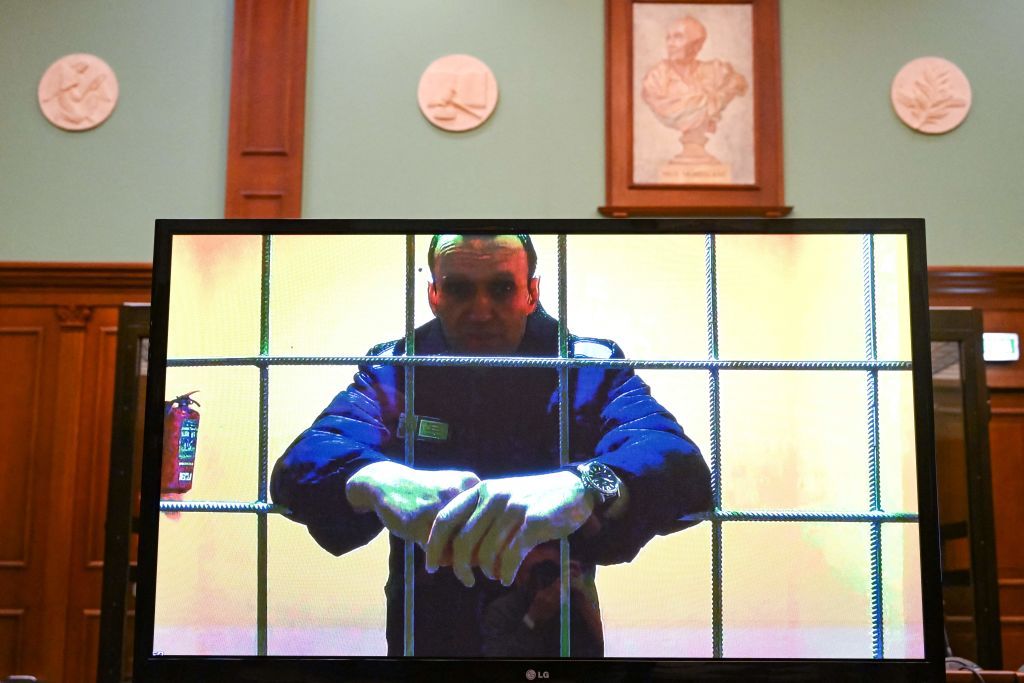Stoltenberg: 'Deeply saddened and disturbed' by news of Navalny's death

NATO Secretary-General Jens Stoltenberg said that he was "deeply saddened and disturbed" by reports of the death of Russian opposition leader Alexei Navalny.
"We need to establish all the facts, and Russia needs to answer all the serious questions about the circumstances of his death," said Stoltenberg. "Navalny has been a strong voice for freedom & democracy; NATO & Allies had long called for his release. My thoughts are with his family & loved ones."
Russian media reported on Feb. 16 that Russian opposition leader Navalny died in prison. Navalny was being held in a penal colony in Russia's far northern Yamal-Nenets Autonomous District.
According to the prison service, Navalny supposedly lost consciousness and could not be revived.
The penal colony that Navalny was held in is located in a remote settlement north of the Arctic Circle, with "tough conditions" and limited access to letter delivery, according to Zhdanov, the head of the Anti-Corruption Foundation established by Navalny.
Navalny was previously held in the IK-6 Melekhovo high-security prison in Russia's Vladimir Oblast.
Navalny had been serving a 2.5-year prison sentence since 2021 and a separate 9-year sentence on fraud charges since 2022.
A Russian court also sentenced Navalny to 19 years in a maximum security prison in August 2023 on extremism charges for creating the Anti-Corruption Foundation.
All these cases have been recognized as politically motivated and fabricated by international human rights organizations and governments.
Navalny was poisoned in Russia in 2020 and flown for treatment in Germany. German doctors said he had been poisoned with a Novichok nerve agent — a chemical weapon produced by the Russian government.
The Insider, Bellingcat, CNN, and Der Spiegel published an investigation according to which Navalny had been poisoned by agents of Russia’s Federal Security Service. They also identified the agents' names.












